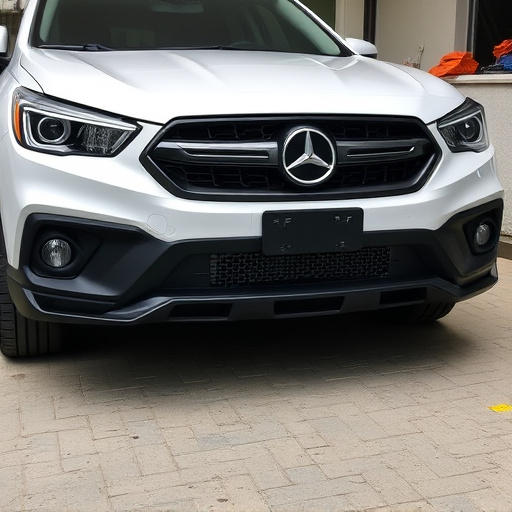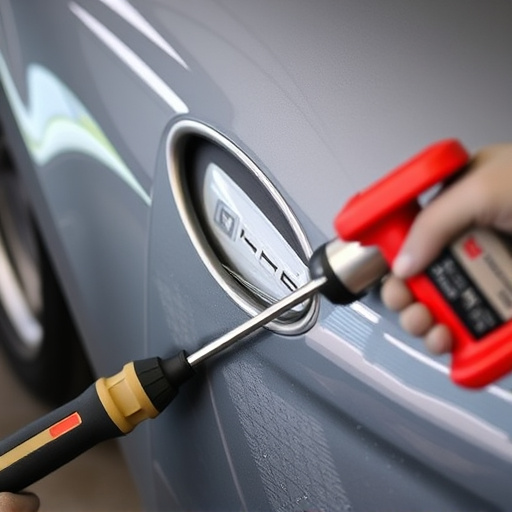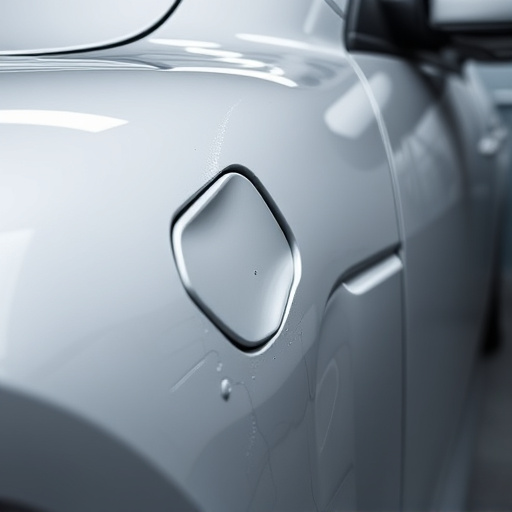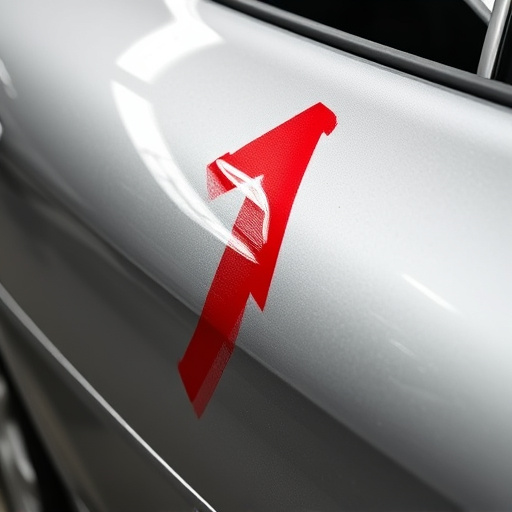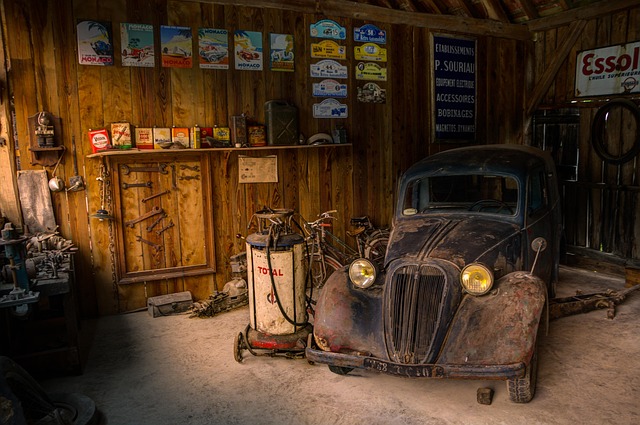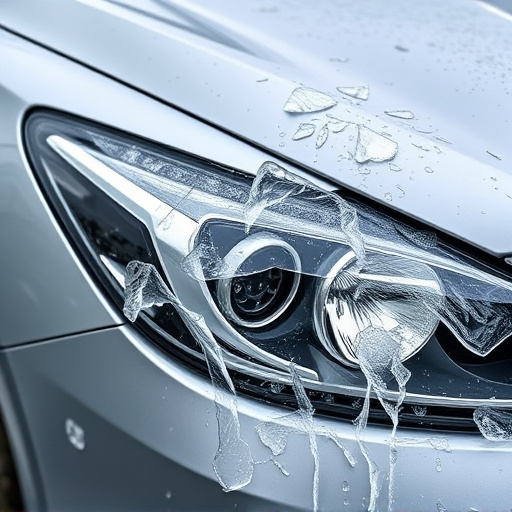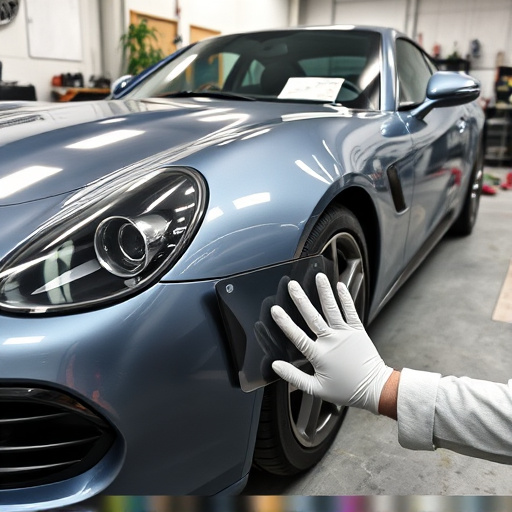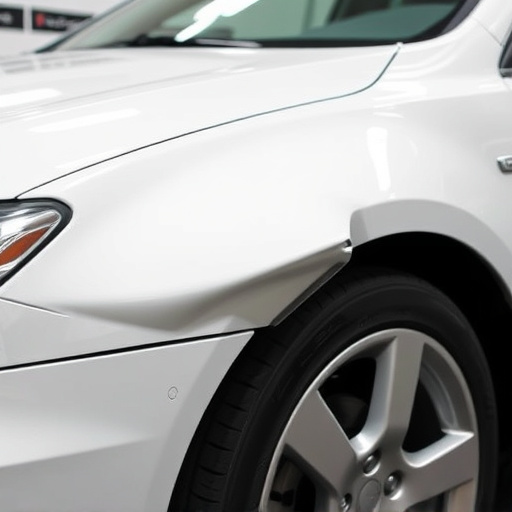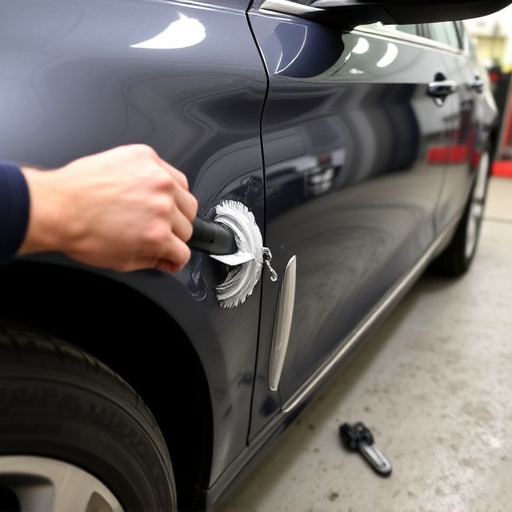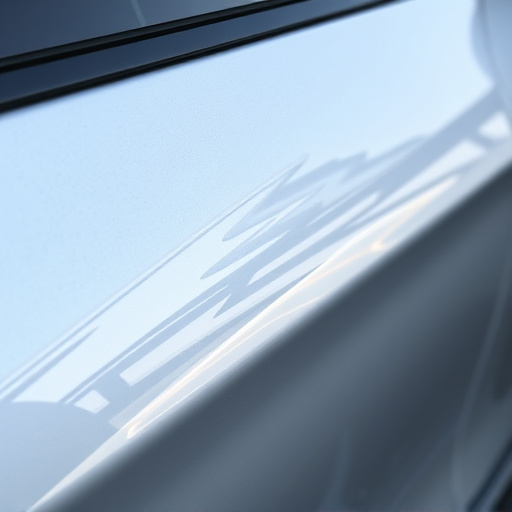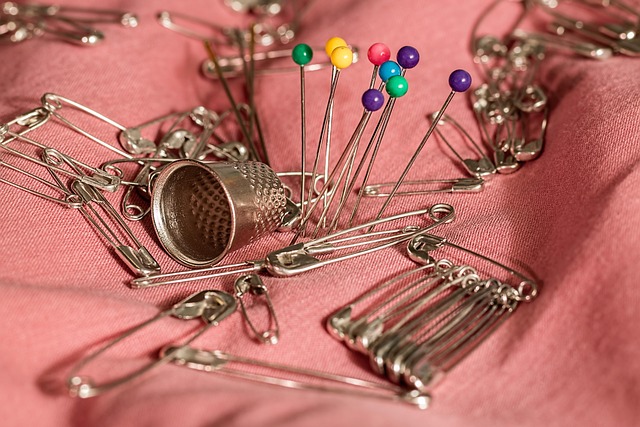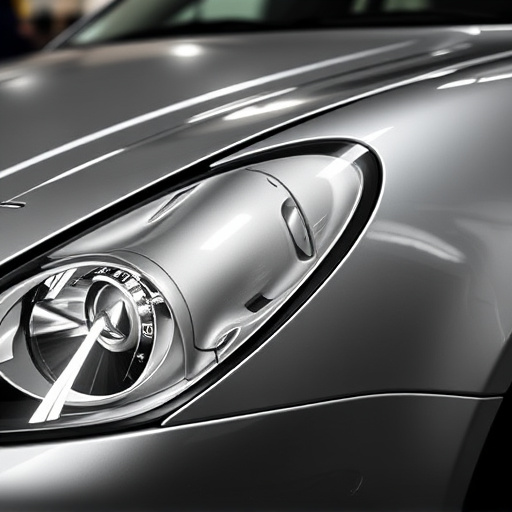Modern collision repair relies on understanding and adopting structural adhesive systems, a game-changer in safety, quality, and cost-effectiveness compared to traditional methods. These adhesives, enhancing durability and versatility in bonding various materials, are integral to handling complex repairs with contemporary lightweight and composite vehicle designs. Effective integration requires training and specialized systems tailored to material compatibility, environmental conditions, and aesthetic goals, ensuring superior customer satisfaction.
In today’s advanced collision repair industry, efficient and durable structural adhesive systems are transforming the way workshops conduct repairs. This article delves into the evolving landscape of modern collision repair requirements, highlighting the pivotal role of these adhesives in enhancing safety and efficiency. We explore the benefits and diverse applications of structural adhesives, offering insights on how to select the ideal system for long-lasting durability.
- Understanding Modern Collision Repair Requirements
- Benefits and Applications of Structural Adhesives
- Choosing the Right Adhesive System for Durability
Understanding Modern Collision Repair Requirements
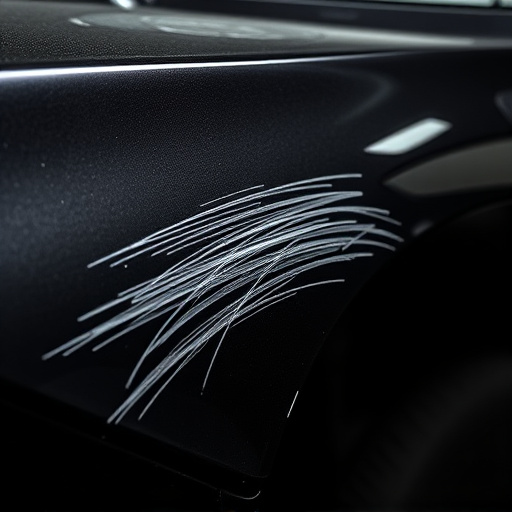
In modern collision repair shops, understanding the evolving requirements is key to staying ahead in the industry. With advancements in vehicle manufacturing, structural adhesive systems have become a game-changer in ensuring vehicle safety and quality repairs. The traditional methods of metal fabrication and riveting are being supplemented by these advanced adhesives, which offer unique benefits for various tasks, including auto glass replacement and dent removal.
Collision repair professionals now recognize the importance of structural adhesives for their ability to create strong, durable bonds that mimic the original vehicle structure. This is especially crucial in today’s world where lightweight materials and complex designs are common. As a result, modern collision repair shops invest in training and equipment to incorporate these adhesive systems effectively into their processes, ensuring superior outcomes and customer satisfaction.
Benefits and Applications of Structural Adhesives
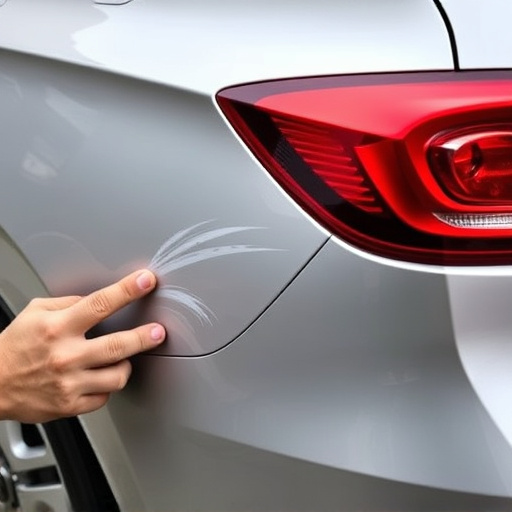
Structural adhesives have emerged as a game-changer in modern collision repair shops, offering numerous benefits over traditional bonding methods. These advanced adhesive systems provide superior strength and durability, ensuring that car damage repair and restoration are both effective and long-lasting. By seamlessly fusing damaged components together, structural adhesives can effectively mitigate the need for costly replacement parts, thereby reducing expenses for both mechanics and vehicle owners.
In terms of applications, structural adhesives find their utility in a wide array of car restoration projects, from bodyshell repairs to assembly of complex interior systems. Their versatility allows them to bond an extensive range of materials, including metal, plastic, and composite components, which are commonly used in modern vehicles. Moreover, the precise application of these adhesives enables detailed work and intricate repairs, enhancing the overall quality of auto painting and restoration processes.
Choosing the Right Adhesive System for Durability
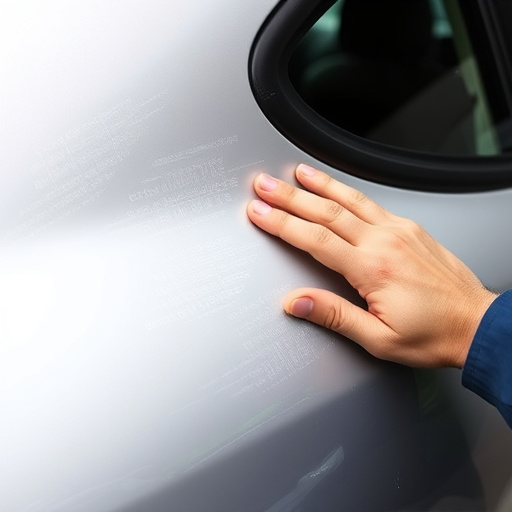
Choosing the right structural adhesive system is paramount for ensuring the durability and longevity of vehicle body repairs in auto body shops. Each project presents unique challenges, necessitating an assessment of factors like material compatibility, environmental conditions, and desired aesthetic outcomes. For instance, polyurethanes might be ideal for bonding metal panels due to their exceptional strength and flexibility, while epoxies could offer superior resistance to chemicals and corrosion, making them a preferred choice for certain parts.
Modern collision repair shops must consider not just the properties of the adhesive but also the advancements in vehicle manufacturing. Contemporary cars often incorporate complex composite materials that demand specialized adhesives capable of forming strong bonds across diverse surfaces. By selecting structural adhesive systems tailored to these needs, auto body shops can deliver high-quality repairs that match the original vehicle’s performance and appearance.
Modern collision repair shops rely on structural adhesive systems to deliver durable, efficient, and high-quality repairs. By understanding the unique requirements of contemporary vehicle fabrication and using advanced adhesives, technicians can ensure structural integrity, enhance safety, and meet rising customer expectations. Choosing the right adhesive system is key to achieving long-lasting results in today’s competitive automotive industry.


